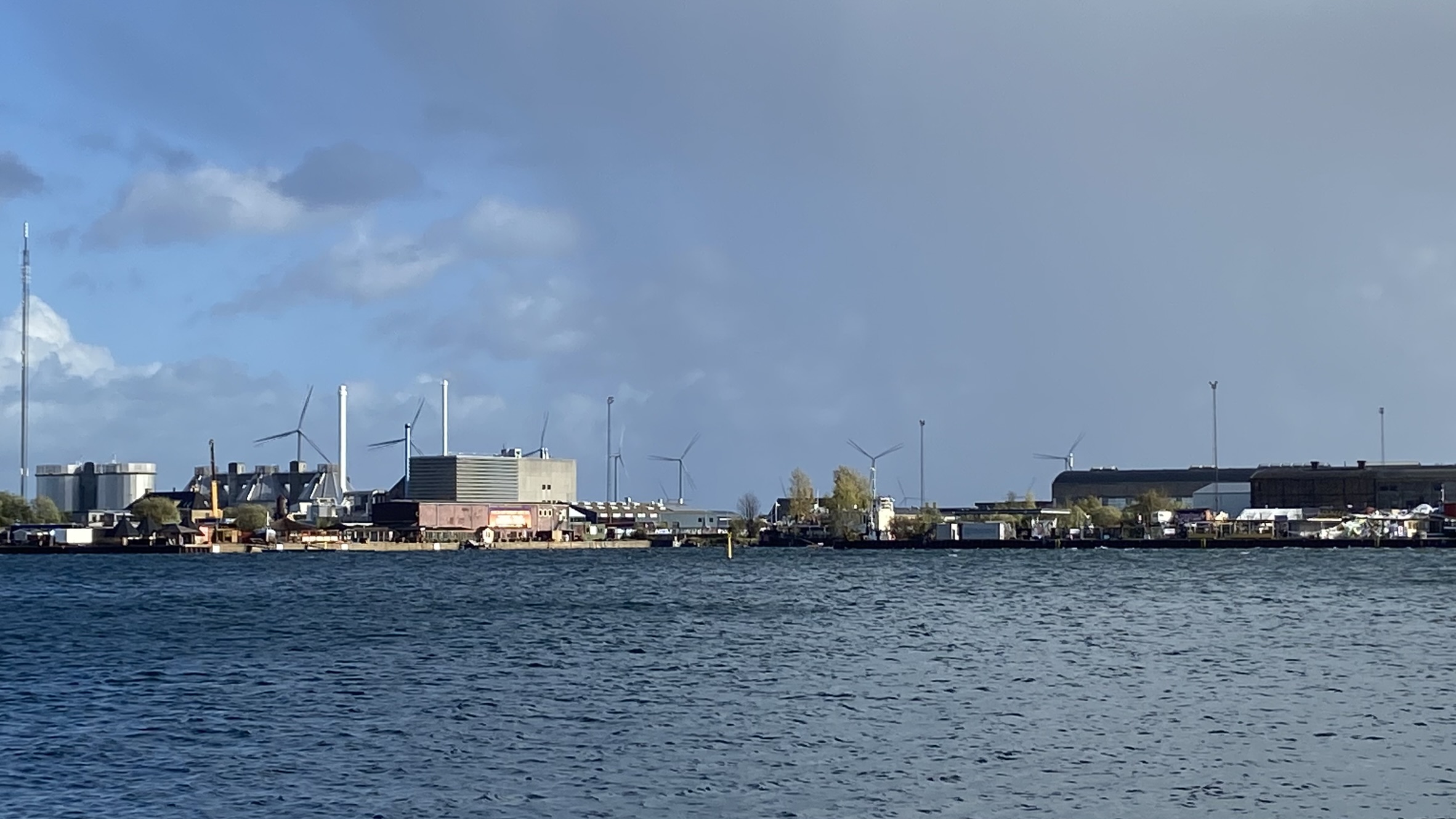German federal elections will be held on September 22, and the center-right Christian Democratic Union (CDU), led by Chancellor Angela Merkel, looks primed for yet another victory. The CDU, in coalition with the die-hard neoliberal Free Democratic Party, has run a short campaign largely free of major substantive issues. They are instead relying on a public image as a weather-tested ship, helmed by a competent captain, skilled at navigating the dangerous storm that is the EU crisis. With various national economies in free-fall and political strife across the Eurozone, voters in comparatively stable Germany don’t appear to be in the mood for change.
Nonetheless, waters are not entirely calm even within German borders. The national economy is contracting, debt service has lagged, and a growing percentage of young people find themselves unemployed. Meanwhile, new cracks are emerging in the relationships between government elites and business interests. The extent to which Merkel and the CDU can continue to blame the country’s problems on individual failures, as opposed to systemic weakness, remains to be seen.
Given this context, what should we expect the German political terrain to look like after the election? How strong will the CDU be, and how weak their opposition? What are the chances for an eventual coalition involving the Social Democratic Party, Green Party, and even The Left (DIE LINKE)? Once again led by Gregor Gysi in its election campaign, DIE LINKE does not appear likely to reach its historic high point from the 2009 election. Nonetheless, prospects remain good that the left opposition to neoliberalism will re-enter the Bundestag.



